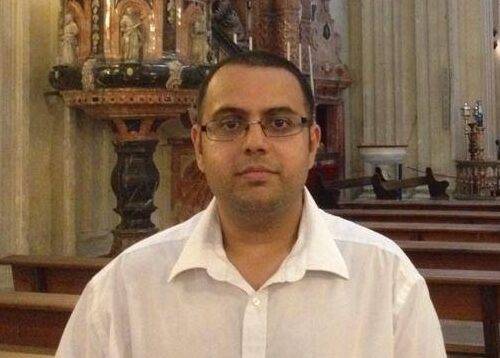‘Having a loving environment is what makes a space home. So home is where I can be myself, like I am now, but with people I love,’ says Nour, who settled in Denmark. Home is something many of us take for granted as an idea, but when asked about what makes a place home, we will all give different answers and it seems to boil down to we know it when we see it. But for refugees, the concept of home is not merely an abstraction, but a place they are actively trying to cultivate in a world where they do not know where they belong. Syria is one of the world’s largest refugee populations and up to 14-years since the start of the Arab uprisings in 2011, an entire people’s identity and sense of home is being forged in exile from the Mediterranean land.
Political scientist, Wendy Pearlman, has done extraordinary work documenting the voices of Syrians from the uprising and displacement. She has now returned with a new book which looks at how Syrian refugees redevelop the idea of home after leaving Syria. The Home I Worked to Make: Voices from the New Syrian Diaspora is a collection of testimonies of Syrians from different backgrounds, beliefs and circumstances, settled throughout the world who give us their stories and evolving idea of what home is.
BOOK REVIEW: An Old Carriage with Curtains
The relationship to Syria is complicated for many of the refugees. Masri, who ended up with her children in Japan, says, ‘Japan is peaceful. Everything is nice. It’s safe and convenient. It’s just not the utopia we hoped it would be. I feel like a bird in a gilded cage.’ Her existence in Japan is in stark contrast to her life in Syria, ‘During all those years I spent in Syria, I was always expecting to be killed.’ She even says that she does not feel attached to any physical place, yet when she gives seminars to raise awareness about Syria, she proudly tells everyone about the old traditions, food, culture and long history. For Ali, who ended up in India, thinking about Syria produces a conflict within him as a gay man, ‘During the years that I’ve been away, I’ve thought about my home many times. I see only the good parts. It’s funny how we tend to romanticize home.’ But Ali also remembers, ‘For, me, “trapped” is a synonym for Syria. It reminds me of this line from a TV series that is very close to my heart: “To live is to survive unfair choices.” I think a lot of people in Syria can relate to that.’
Being away from Syria challenged many of the ideas Syrians previously held. Houda, who settled in Sudan, the most moving religious experience of her life happened in Khartoum. One day, the medical student’s clinic had an open day, where people came in with all sorts of conditions. Students from a Khalwa, which is an Islamic educational institution attached to a mosque, came by during the open day. Houda describes feeling pity for them, as young students who were away from their families and lived quite a poor life. That all changed when some of the students gathered the medical staff into a room and recited the Quran for them. ‘They were so pure. It’s like they had never seen anything bad in this world. Nothing distorted their innocence.’ Houda says, despite memorising the Quran and hearing it her whole life, hearing certain verses coming from the children made her feel like she was hearing the Quran for the first time. All the medical students were left crying and they left the clinic and sat under a tree in silent awe. ‘We no longer felt sorry for the kids. We felt sorry for ourselves.’ The experience humbled her andm when asked how she chose to live in Sudan, she started responding, ‘I didn’t choose Sudan. Sudan chose me.’
The Home I Worked to Make offers the reader an insight into the love, hate, tortured, complex and yet soothing idea of home for many Syrians. Home is not fixed but migrates with them, both physically and mentally. For many there is a deep love for Syria, but also a great pain associated with it. It is simultaneously the place they had no choice to be in and the place many would wish to be in again. Writing this review during this historic juncture where the concept of home has taken another unexpected turn with the collapse of the Assad regime, many Syrians now believe they can return to the Levantine country, as exiled Syrian writer, Sarah Hunaidi, said in a tearful and joyous Instagram video, shortly after the news of Bashar Al-Assad had fled Damascus broke, put it, ‘I am no longer a Syrian refugee anymore. I am just Syrian. We’re coming back.’ Wendy Pearlman has done a great service in documenting the experiences of Syrians through Syrian eyes and words. The Home I Worked to Make is a warm, empathetic and thought-provoking work and a must read for anyone trying to make sense of belonging, home and Syria.
BOOK REVIEW: Among the Almond Trees: A Palestinian Memoir









